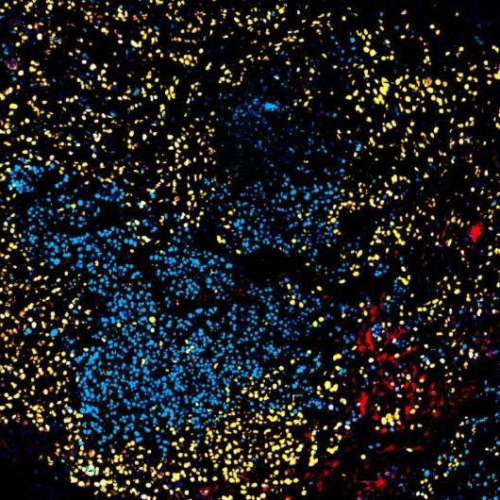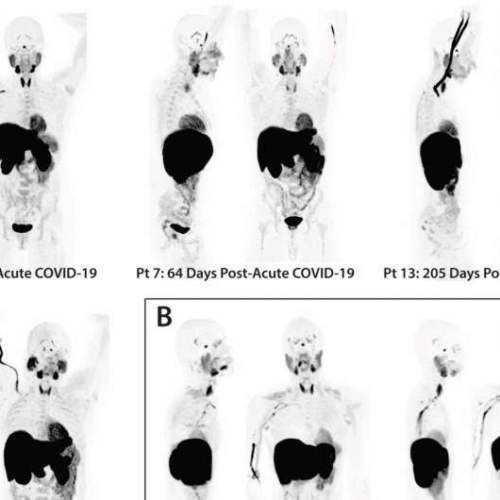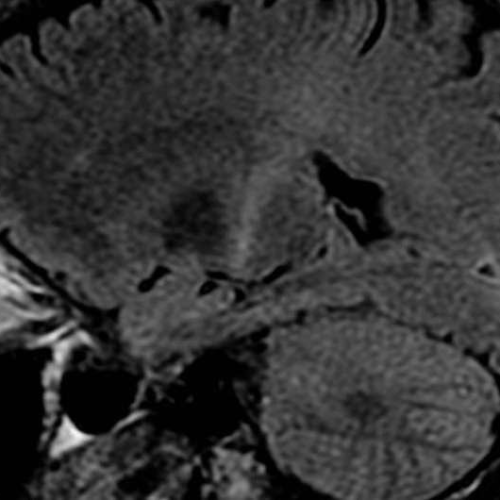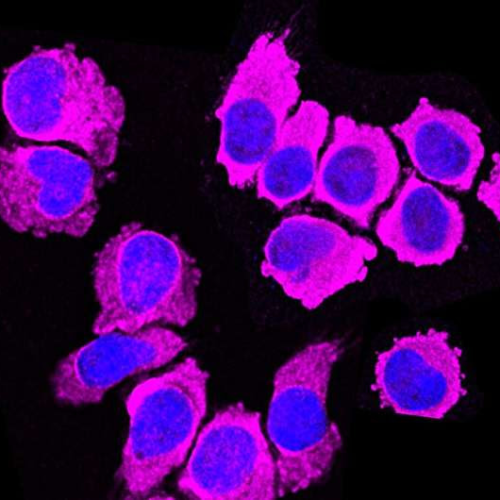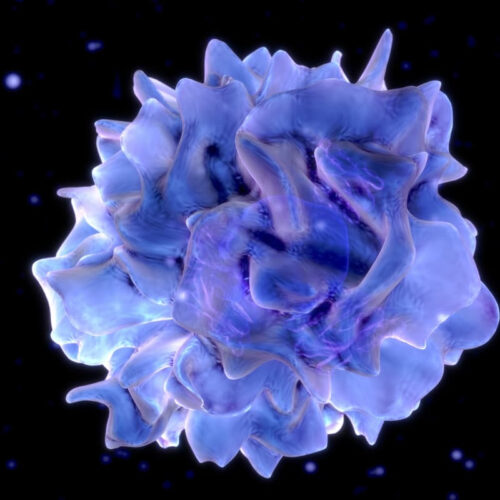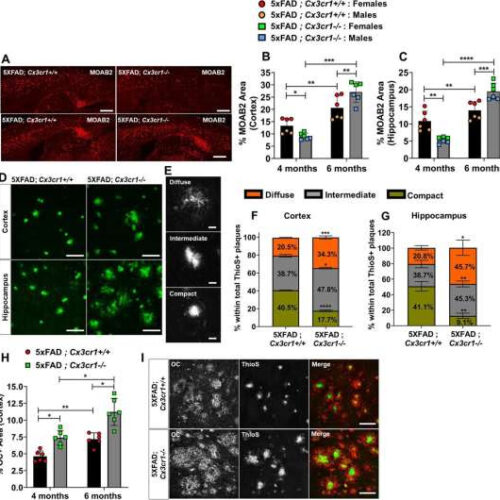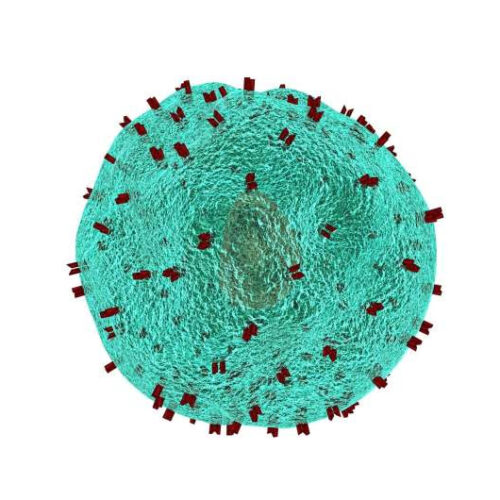Sponsored Content by Scintica Instrumentation Inc.Reviewed by Olivia FrostDec 3 2024 In a new publication in Science Advances, Dai and colleagues showed how a BMP-2 osteo-organoid-loaded scaffold implanted into the muscle pocket close to a mouse femur can serve as a niche to promote the extensive recruitment of stem cells and mature immune cells. iNSiGHT. Image Credit: Scintica...
Tag: <span>Immune cell</span>
The amazing healing abilities of a common immune cell type boosted by Treg
News Release 11-Sep-2024 Researchers from Monash University and Osaka University examine the benefits of using regulatory T cells as a universal regenerative medicine approach Peer-Reviewed PublicationImmunology Frontier Research Center (IFReC) – Osaka University Osaka, Japan – Investigators are constantly aiming to identify new therapeutic approaches for regenerative medicine. Recent strategies have focused on harnessing the...
Novel study reveals how aging immune system fuels cancer growth, potentially opening new avenues for prevention
September 5, 2024 by The Mount Sinai Hospital Credit: Science (2024). DOI: 10.1126/science.adn0327A novel study by researchers at the Icahn School of Medicine at Mount Sinai addresses a critical yet under-explored question in cancer research: Why is aging the biggest risk factor for cancer? The study reveals how an aging immune system spurs tumor growth,...
Long COVID uncharacteristic immune cell activity and SARS-CoV-2 RNA found in the gut two years after infection
JULY 8, 2024 by Bob Yirka , Medical Xpress SARS-CoV-2 spike protein-encoding RNA (green) identified in rectosigmoid tissue of an individual with Long COVID 676 days after COVID-19 infection with no known or suspected reinfection. Credit: Henrich Laboratory, UCSF Division of Experimental MedicineA large team of medical researchers at the University of California, San Francisco,...
New immune cell therapy benefits lab models of ALS and shows positive results in an individual with the disease
JULY 11, 2024 by Brian Burns, Massachusetts General Hospital An MRI with increased signal in the posterior part of the internal capsule which can be tracked to the motor cortex consistent with the diagnosis of ALS. Credit: Frank Gaillard/WikipediaImmune system dysregulation and elevated inflammation contribute to the development of the fatal neurodegenerative condition amyotrophic lateral...
Research explains new method to engineer immune cells that could treat multiple cancer patients
by Linda Wang, University of California, Los Angeles A microscopy image shows an enhanced natural killer T cell (blue) attacking a human multiple myeloma cell (magenta). Credit: Lili Yang lab/UCLAImmunotherapies have revolutionized cancer treatment by harnessing the body’s own immune system to attack cancer cells and halt tumor growth. However, these therapies often need to...
Research reveals an immune cell that can attack cancer
by Katie Neith, City of Hope National Medical Center Hope researchers discovered that ILC2s can attack cancer cells. Credit: City of HopeAccording to preclinical research published in Cell researchers at City of Hope have discovered that a type of immune cell in the human body known to be important for allergy and other immune responses can...
Upping levels of key nutrient maintains immune cell response to cancer
By Paul McClure July 05, 2023 A study has found that an energy-producing nutrient is key to maintaining the body’s cancer-destroying immune responseDepositphotos VIEW 1 IMAGES New research has discovered that a fundamental nutrient found in cells is key to maintaining the body’s cancer-destroying immune response. The discovery may lead to more effective ways of...
Researchers investigate brain’s immune cell response in Alzheimer’s disease
by Indiana University School of Medicine Accelerated plaque deposition in 5xFAD mice deficient in Cx3cr1. (A) Accumulation of MOAB2+ Aβ42 plaques in (top panels) 4 month-old vs. (bottom panels) 6 month-old 5xFAD;Cx3cr1+/+ and 5xFAD; Cx3cr1−/− mice. Scale bars = 500 μm. Quantification of %MOAB2+ areas in the (B) cortex and (C) hippocampus of 4 and 6 month-old 5xFAD;Cx3cr1+/+ (black bars) and 5xFAD;Cx3cr1−/− (gray bars) mice. Data in B,C represent...
Targeting one type of immune cell with another slows cancer growth in preclinical studies
by The Mount Sinai Hospital Credit: CC0 Public Domain A new approach to cancer immunotherapy that uses one type of immune cell to kill another—rather than directly attacking the cancer—provokes a robust anti-tumor immune response that shrinks ovarian, lung, and pancreatic tumors in preclinical disease models, according to researchers at the Icahn School of Medicine...

